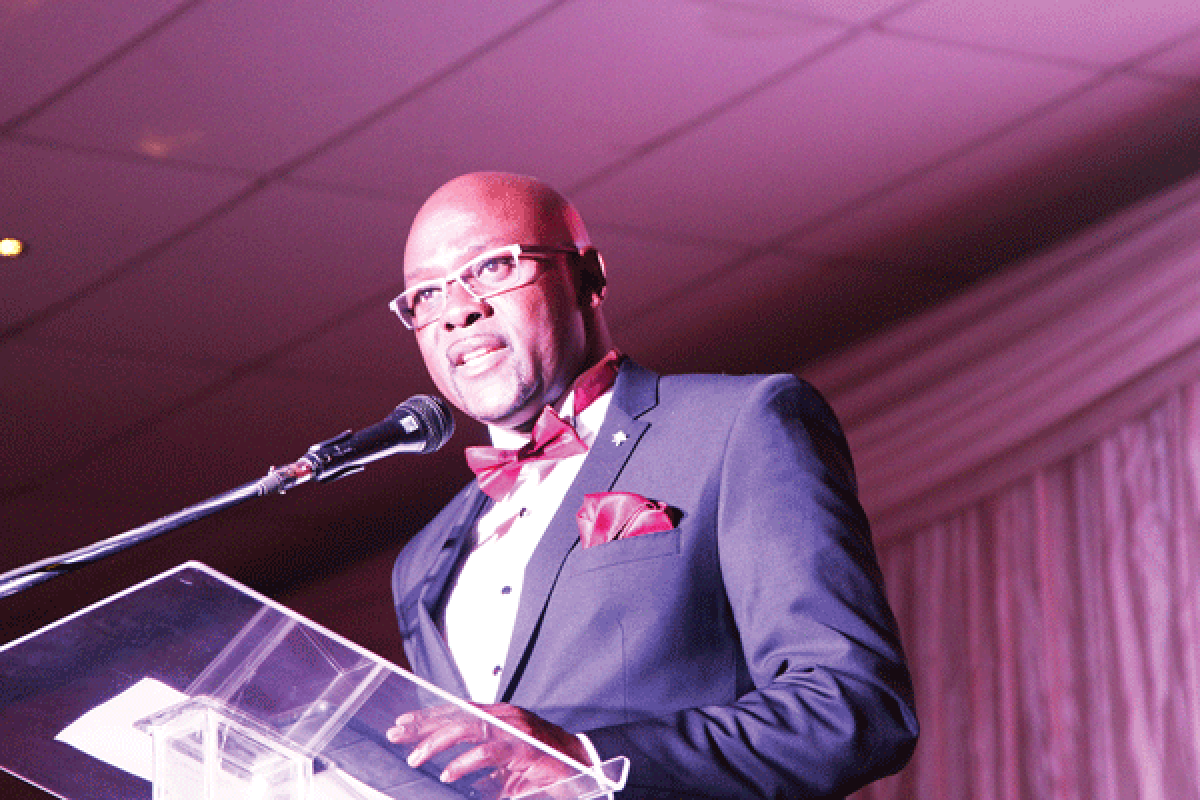

Although elected into office by popular vote, it has become abundantly clear that his poor literacy background is a stumbling block to the mammoth task ahead.
The poor councillor leans over to a colleague he believes understands the issues at hand, but to his amazement, they are both floating in the same boat.
So what do they resolve to do? Like empty vessels that make the loudest noise, they decide to heckle fellow councillors.
Such is the problem Zimbabwe’s urban and rural councils are grappling with.
While the country boasts of the highest literacy rates on the African continent, at nearly 97 percent, it is not at all unusual that a number of councils still have councillors who lack basic education.
This has compromised the quality of debate in council chambers and eventually it has had a knock-on effect on service delivery.
As a result, most councils are failing to provide clean water to their residents while refuse is going for weeks without being collected. Street lights are not being repaired while roads have become impassable due to potholes.
Most councils find themselves with yet another problem.
Quite a number of councillors do not own property, be it moveable or immovable. Their preoccupation becomes that of abusing council business to extract opportunities in order to empower themselves economically.
The problem with a substantial number of councillors failing to grasp issues under their jurisdiction including those that take councils as platforms for affirmative action has prompted some municipal workers to agitate minimum entry requirements for office bearers.
Many workers this week said they had proposed that one must have property in the area he or she wishes to represent to be considered a candidate and preferably be over 40 years, the age requirement for senators.
The workers also suggested that a minimum level of education must be prescribed, so as to attract people with different professional backgrounds that could assist councils in effectively discharging their mandates.
But this could raise critical questions about the democratic rights of hopefuls.
“We need people who are technically minded. The city needs to attract retired doctors, engineers and accountants. Currently, we see that because of the caliber of councillors something that should ideally take five minutes to discuss ends up taking two hours,” said one of the workers who spoke on condition of anonymity.
Jerry Gotora, the former president of the Zimbabwe Local Government Associat-ion (ZILGA) said there was need for changes in the entry requirements for councillors to improve service delivery.
Gotora said he agreed with proposals that any aspiring councillor should have property in a given area.
“That way we will have a councillor with something to protect or something to promote as opposed to the current situation where some aspiring councillors look at councillorship as some form of employment or as a way of acquiring property, which they did not have,” he said.
The former ZILGA president added that the other problem is that local government has been politicised to the extent that it is losing its intended purpose.
“I also support the idea of minimum educational requirements. In our law it is already provided for but politicians are not following it, they are protecting each other,” Gotora said.
A former member of the Parliamentary Committee on Local Government, Trudy Stevenson, said concerns about the caliber of councillors are issues that the inclusive government formed between President Robert Mugabe’s ZANU-PF and Prime Minister Morgan Tsvangirai’s Movement for Democratic Change (MDC) should look at to improve service delivery as it has been compromised.
Stevenson added that ideally, parties should reform their primary election procedures as a way of eliminating incompetent people.
“This is an issue that the national inclusive government needs to repair. Parties may also look at their primary election procedures to ensure that they have the ideal candidate and not choose one because he or she has been in the party for the past 10 years or because she is the secretary for women’s affairs.
“Party seniority must not be the issue. This is not the problem only in ZANU-PF but also in the MDC,” said Stevenson.
The former chairperson of the Combined Harare Residents Association, Mike Davis, said problems have emerged because being a councillor is now being viewed as a form of employment or as a political carrier.
“Being a councillor should not be viewed as employment, but as community service. However, putting an educational bar undermines the democratic system. Democracy includes the right to elect people who are incompetent,” said Davis.
He said to get round the problem of councillors failing to grasp fundamental issues, there is need for capacity building as well as civic education for voters.
Harare lawyer and a former member of the Harare Commission, Terence Hussein, said any impediments to running for office, gender or education – must not be introduced as these have historically led to conflicts.
“Placing an educational bar would be similar to the discrimination of the past and as such would be contrary to the principles of democracy. The electorate must be educated on the power of their choice and the public through the media.
“They must be made aware of the shortcomings of inadequately educated persons as their representatives,” said Hussein.